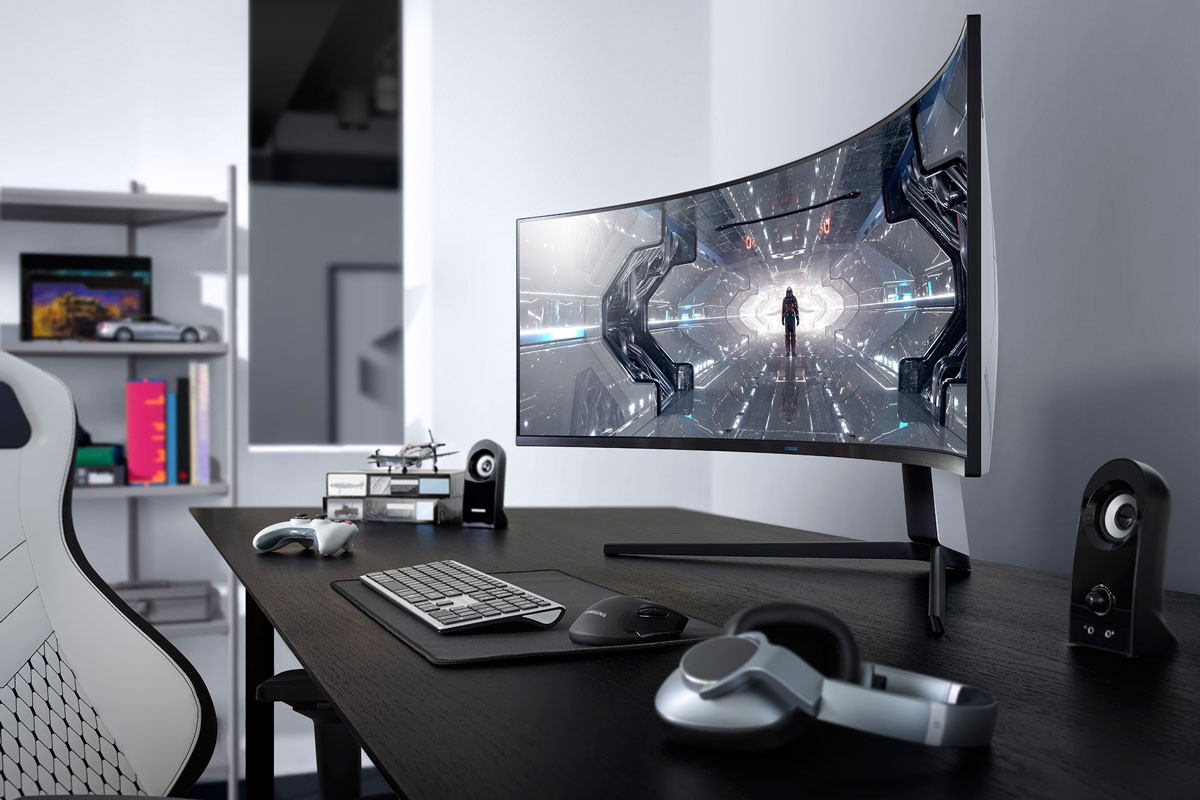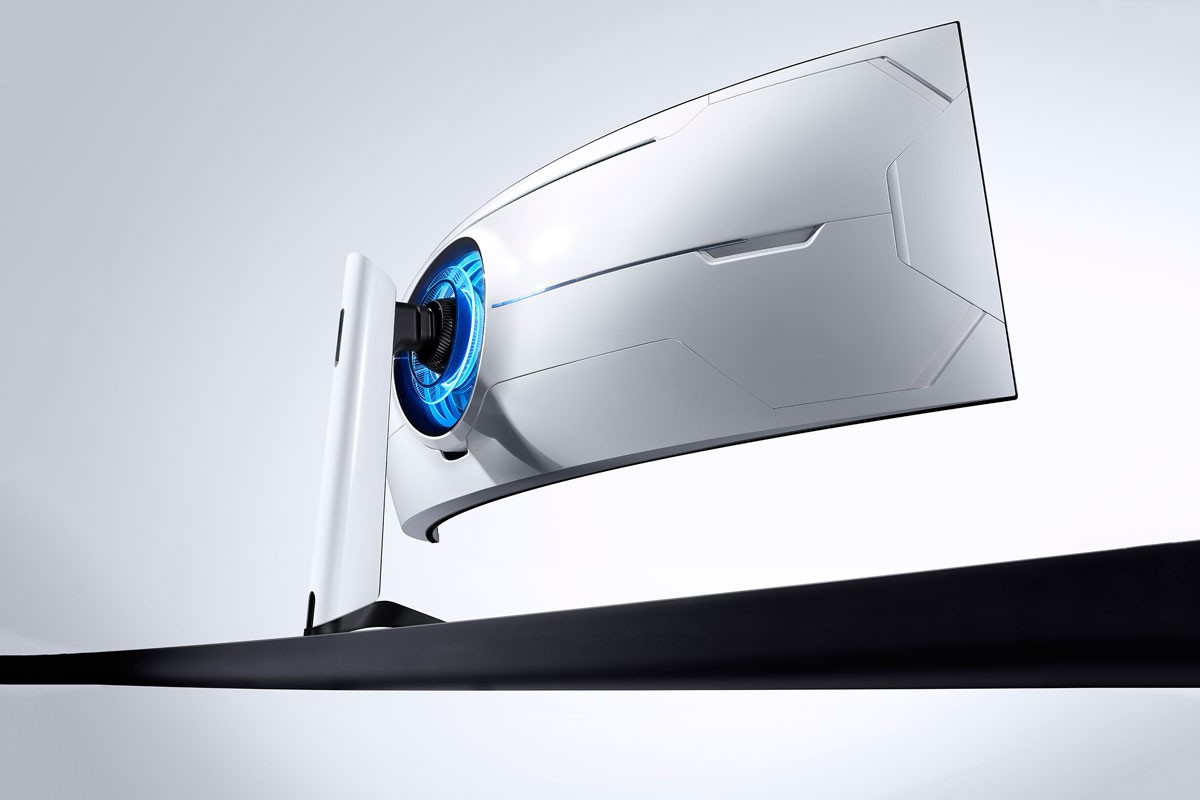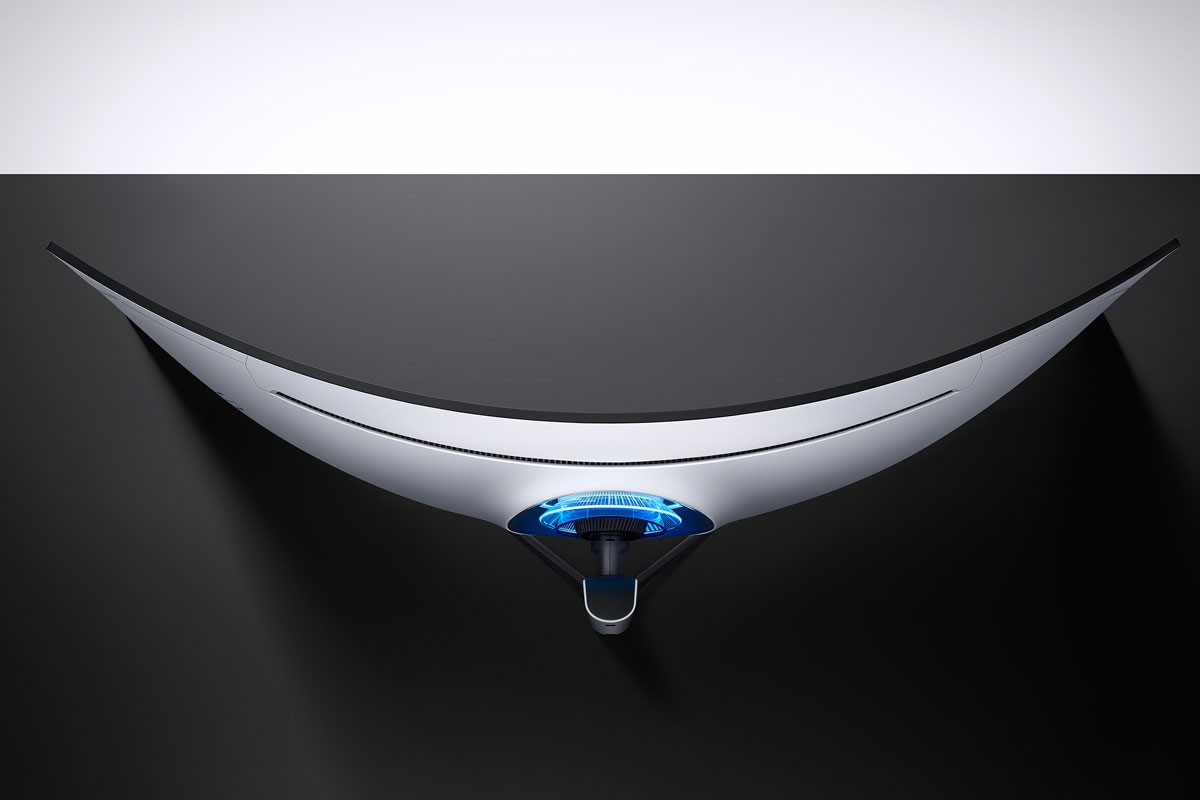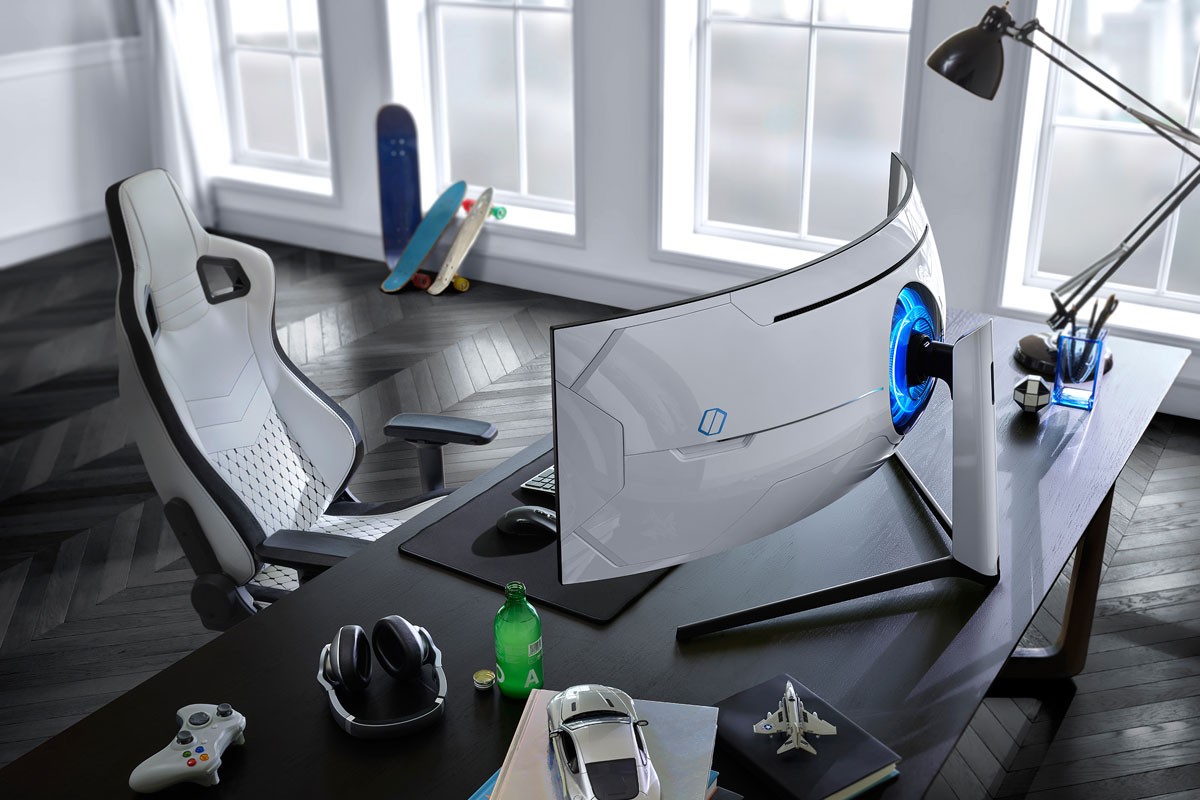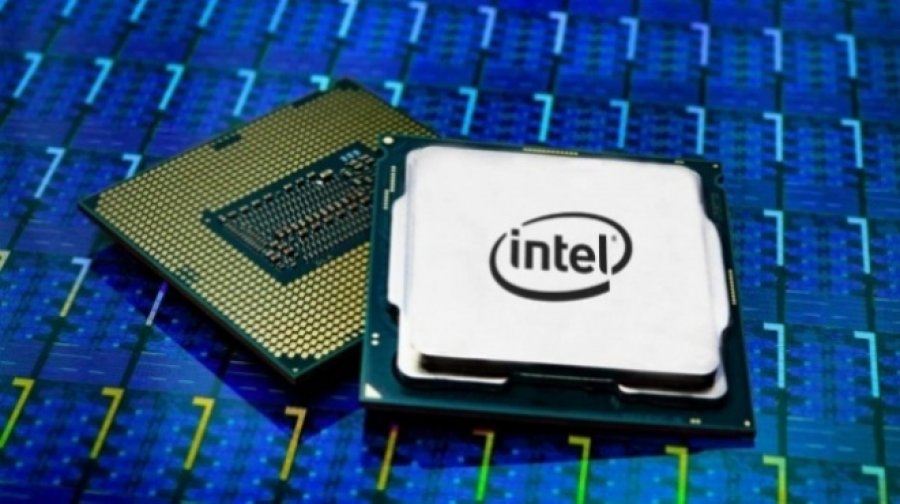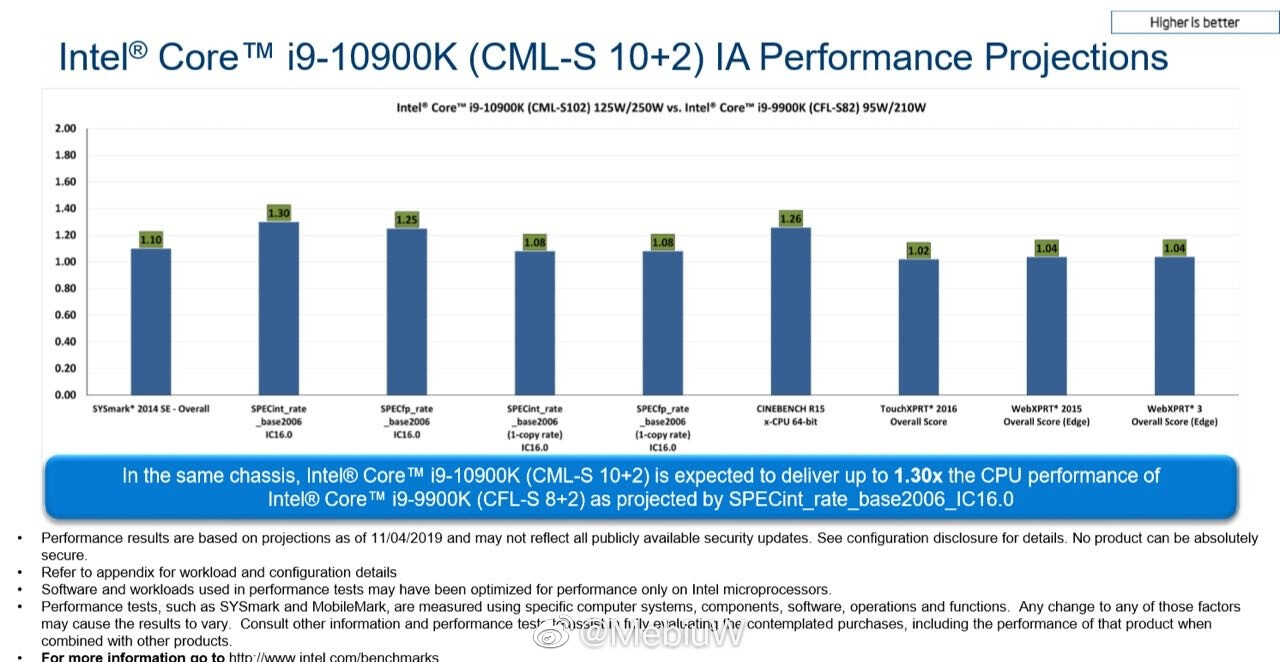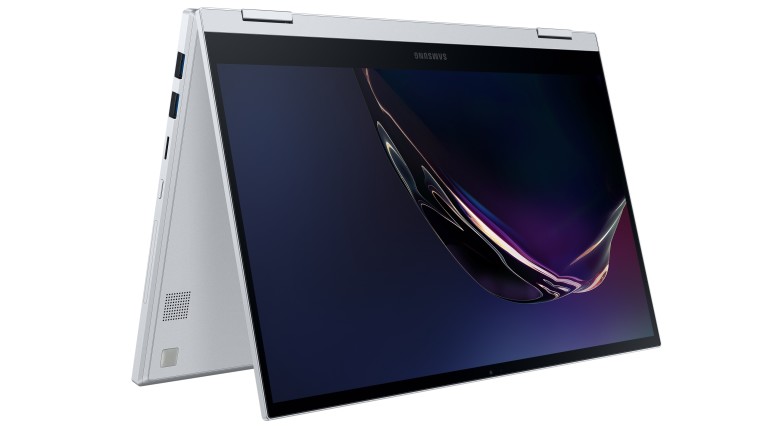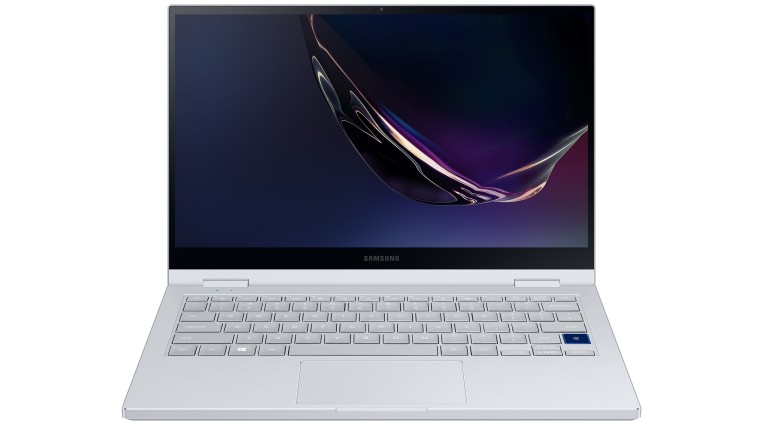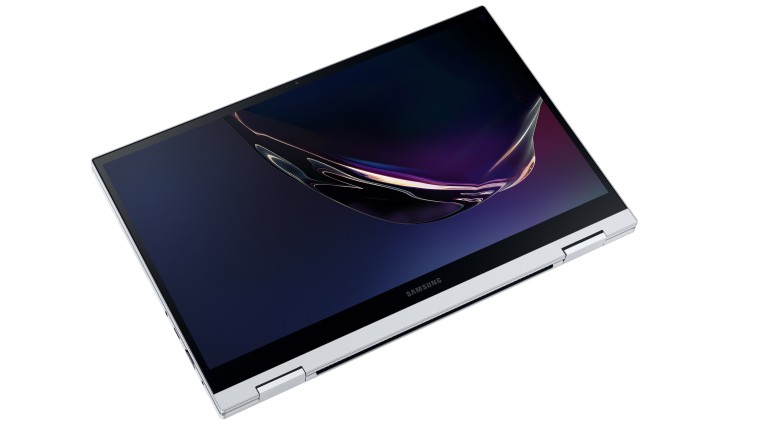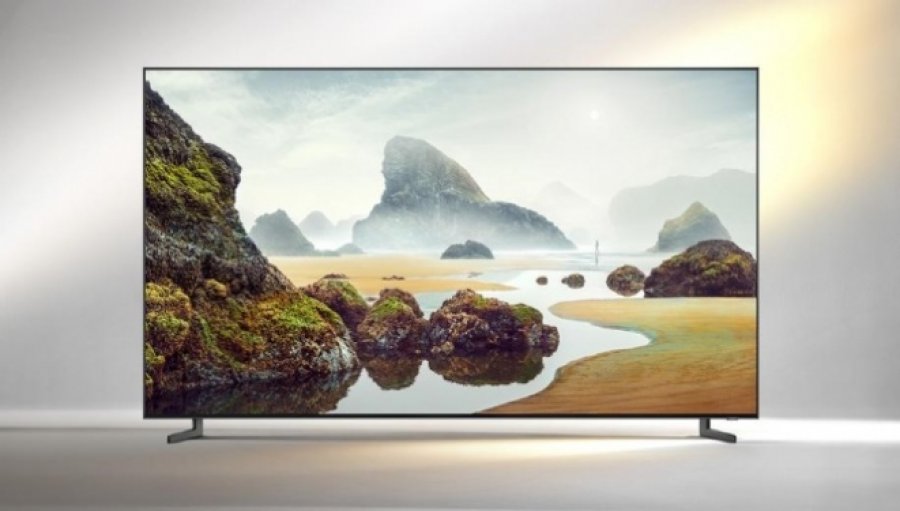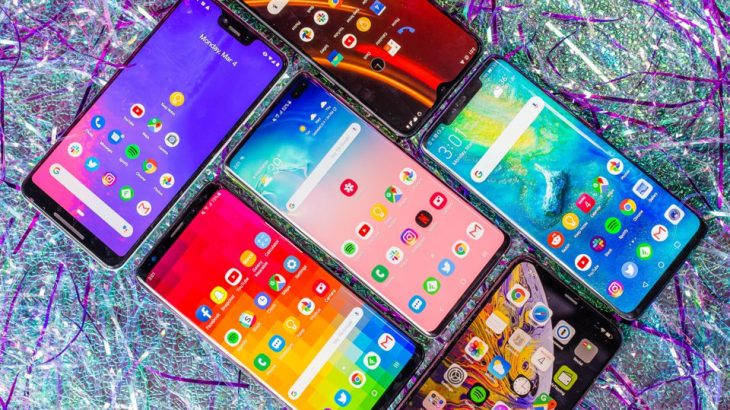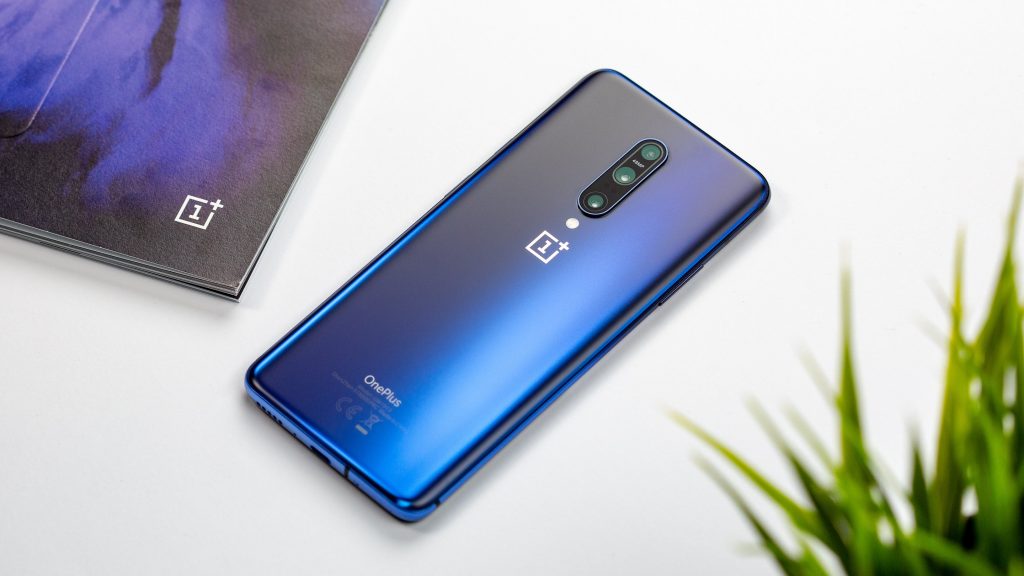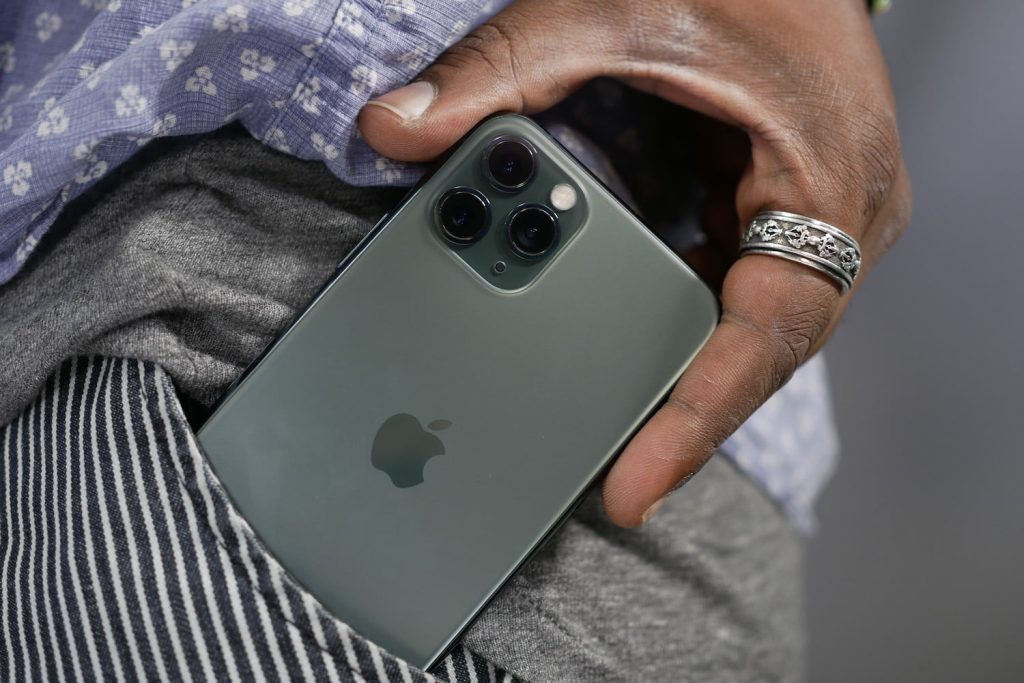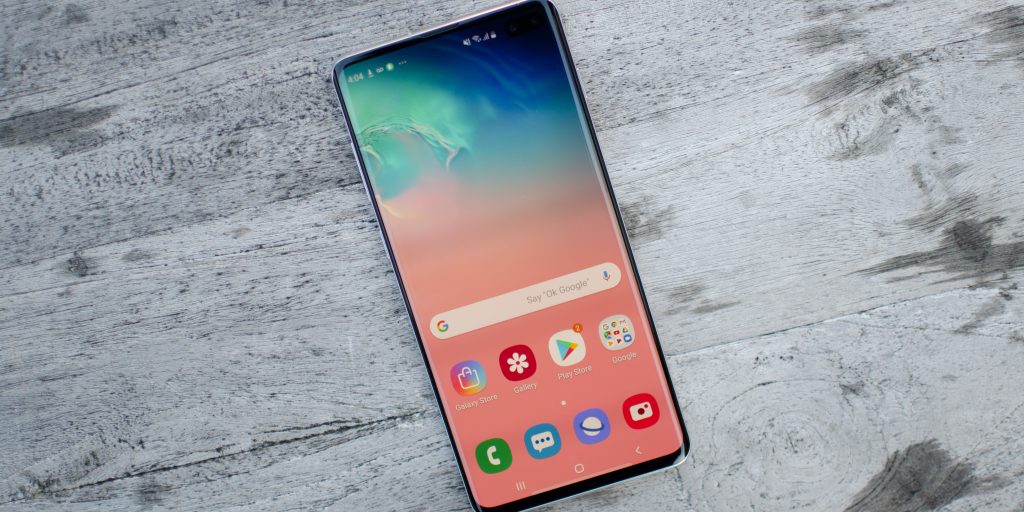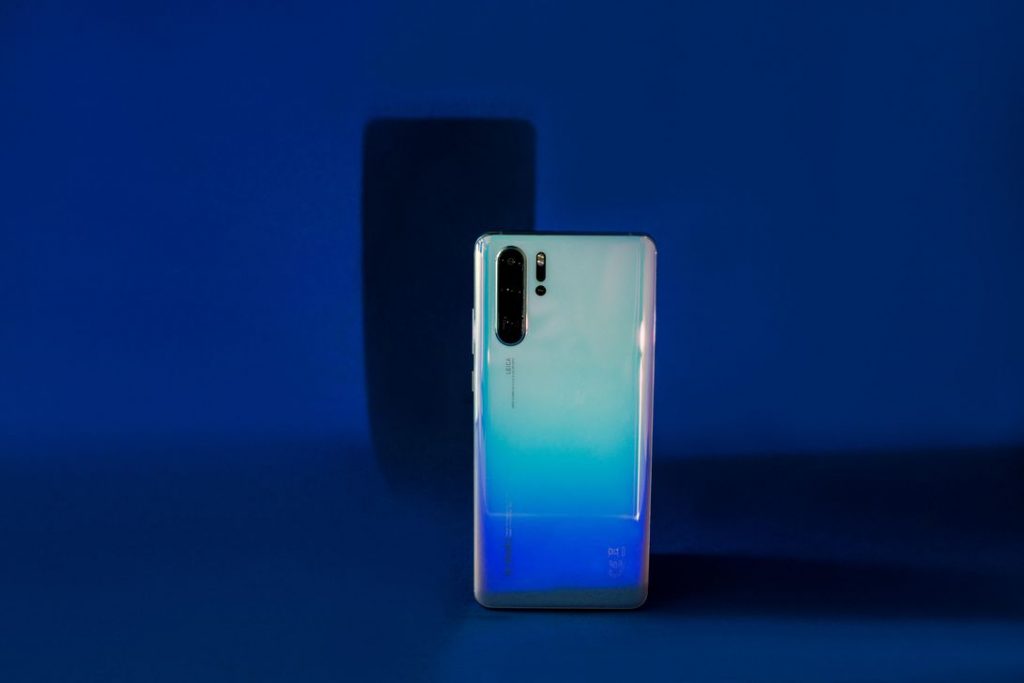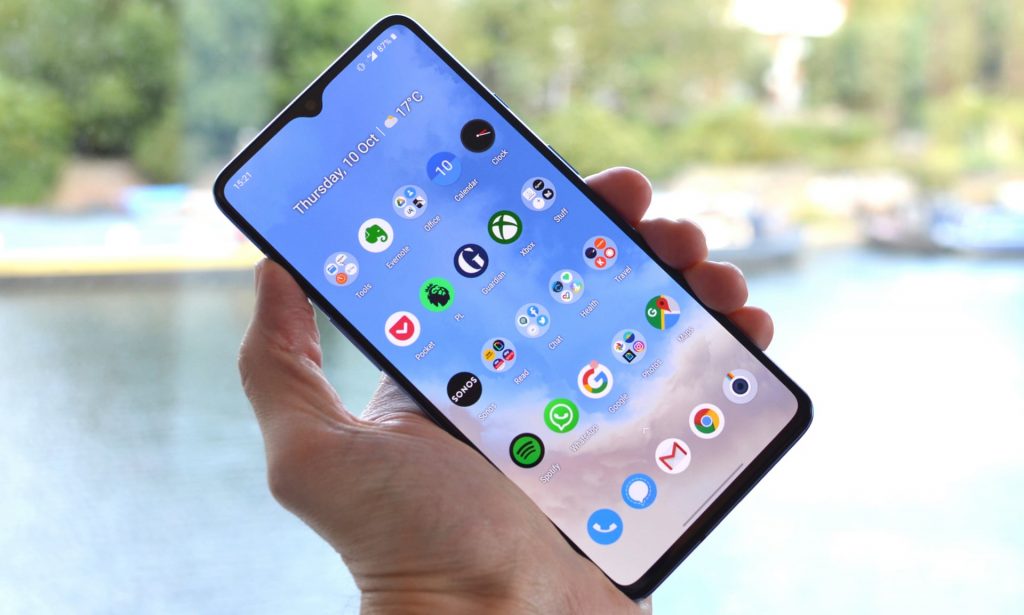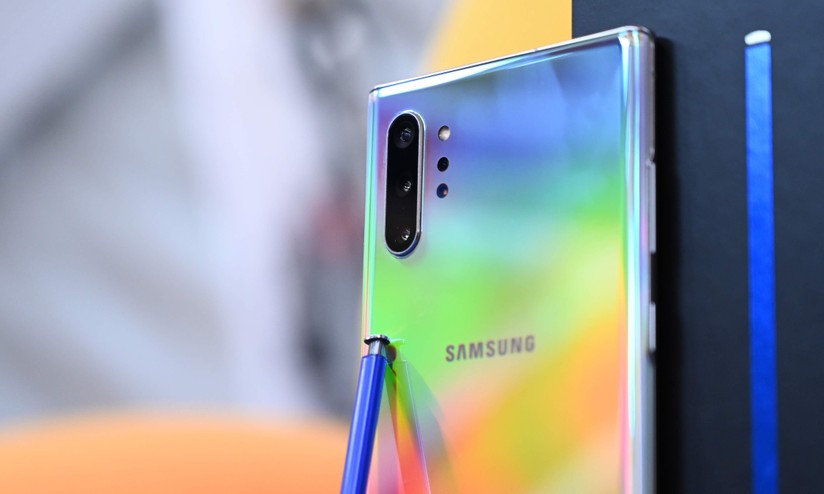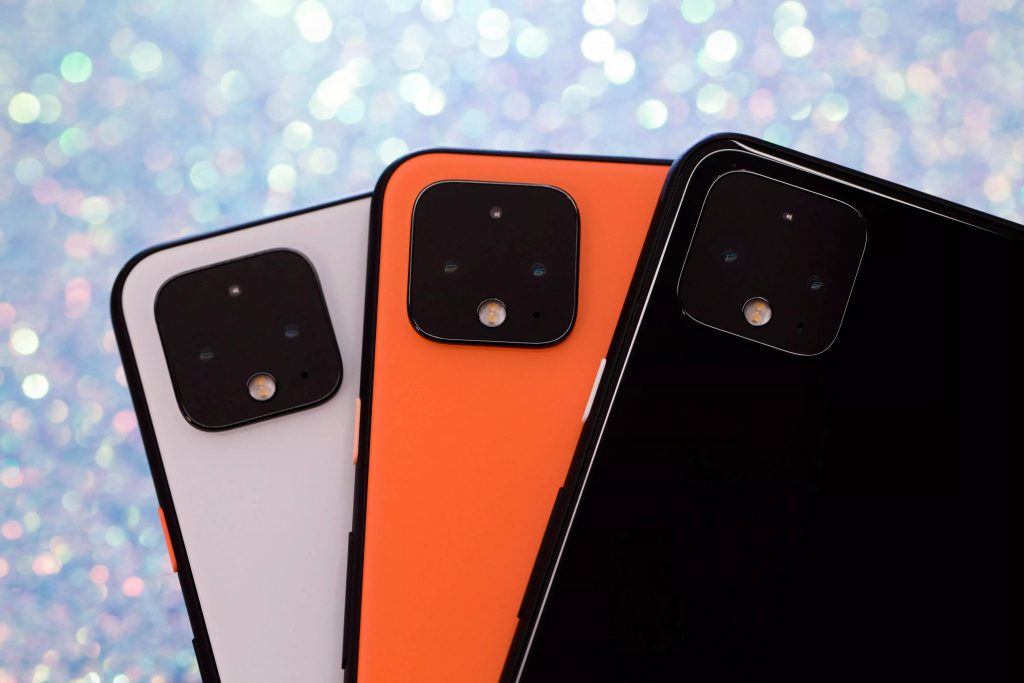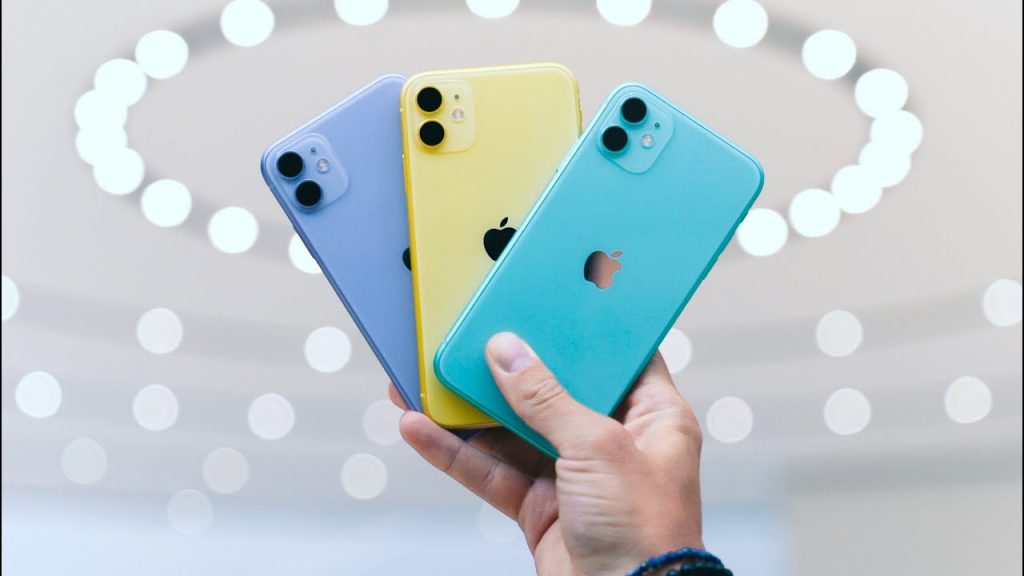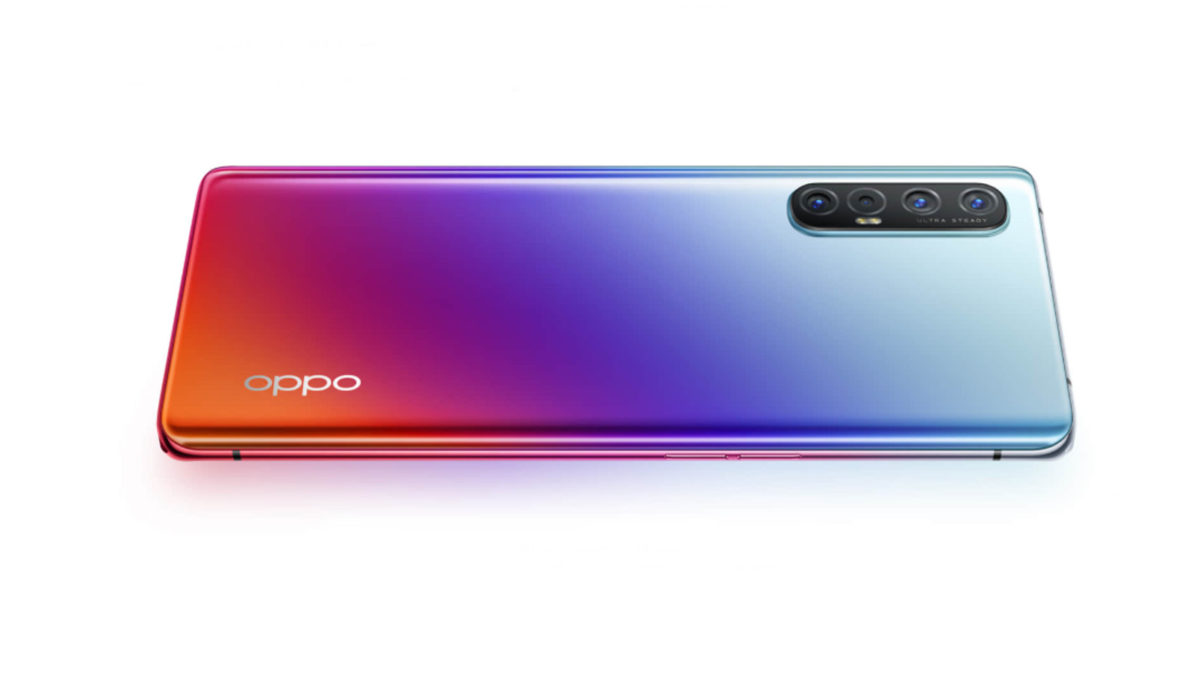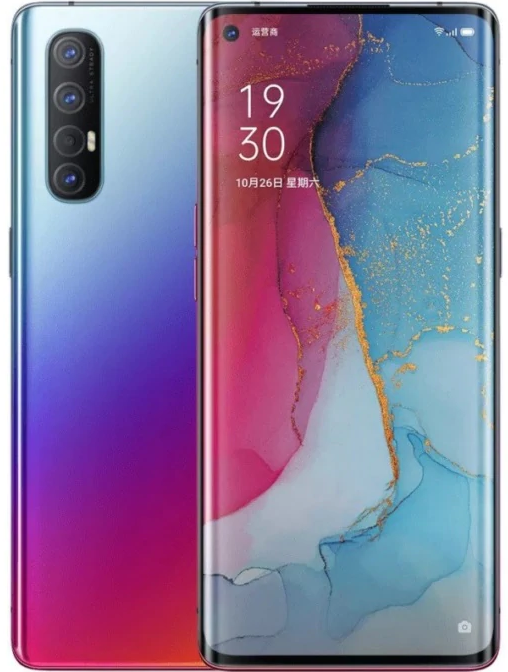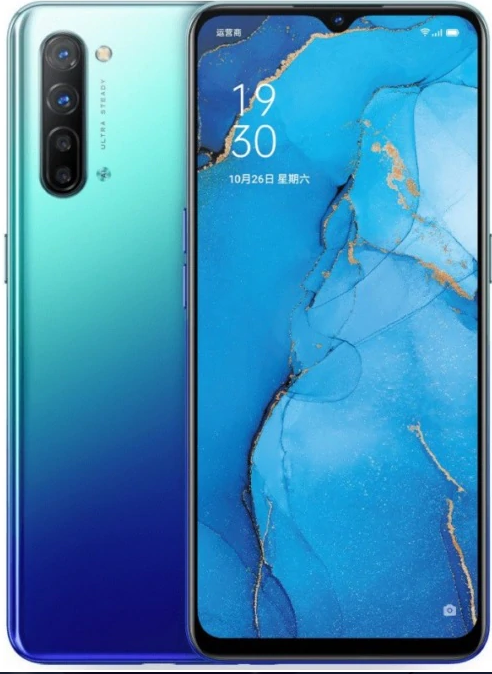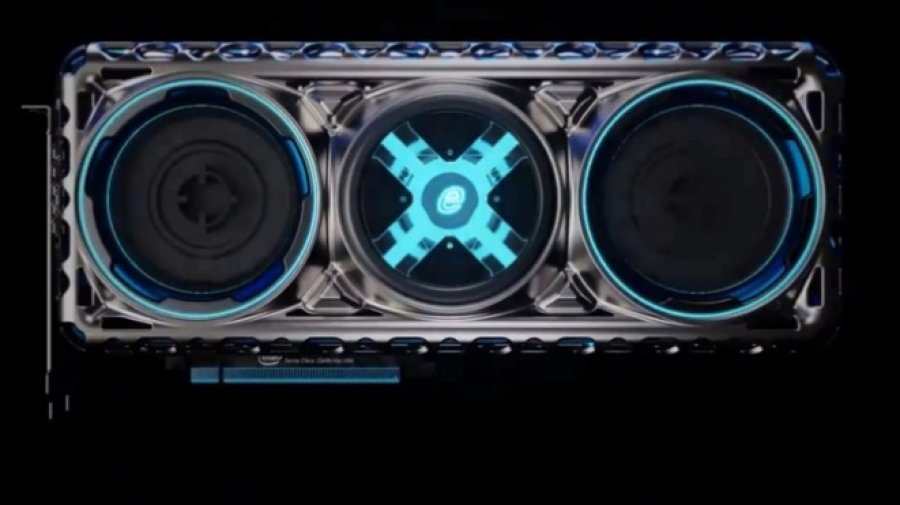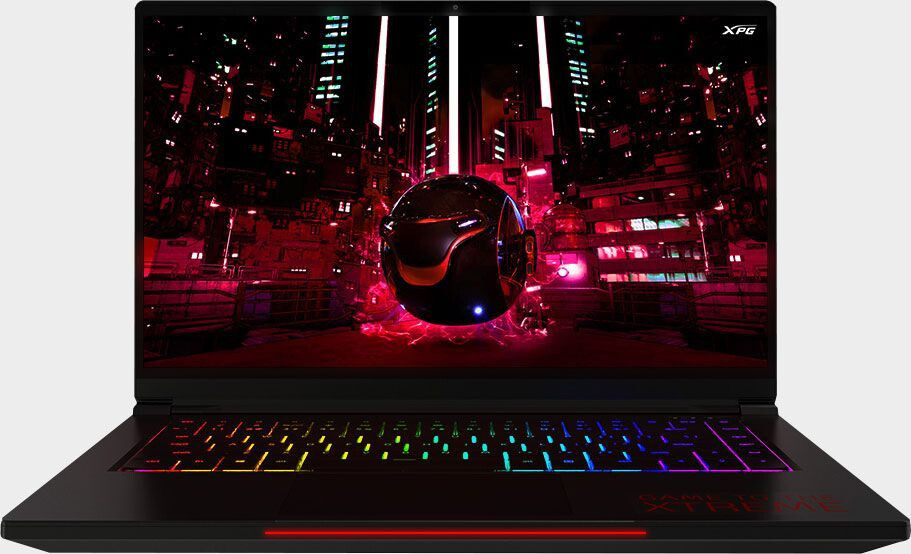At Electronic Consumer Show (CES), Samsung is presenting an extremely curved monitor. The 32: 9, 49-inch QLED has a resolution of 5120×1440 pixels and a refresh rate of 240Hz.
The screen is HDR1000 certified. It supports AMD’s FreeSync2 and is also compatible with Nvidia G-Sync.
Extreme curved, as Verge tells it, conveys an all-inclusive experience “where the screen feels like it’s on all sides.” There’s a big blue light on the back, which makes the screen appear like a science fiction movie.
Along with the Odyssey G9, Samsung also announced the smaller Odyssey G7 monitors. They should be available in 32- and 27-inch versions in 16: 9 format and 2560×1440 pixels resolution.
The refresh rate is also 240Hz, but the brightness is lower at HDR600 unlike Odyssey G9. Like the larger model, Odyssey G7 comes with a radius of 1000. Prices for these screens range from 1200 Euro and above.

> Read Next: Intel: Core i9-10900K is up to 30% faster than the i9-9900K
So what do you think about this? Let us know your thoughts in the comments section below, follow us on twitter and facebook for more news and updates.
